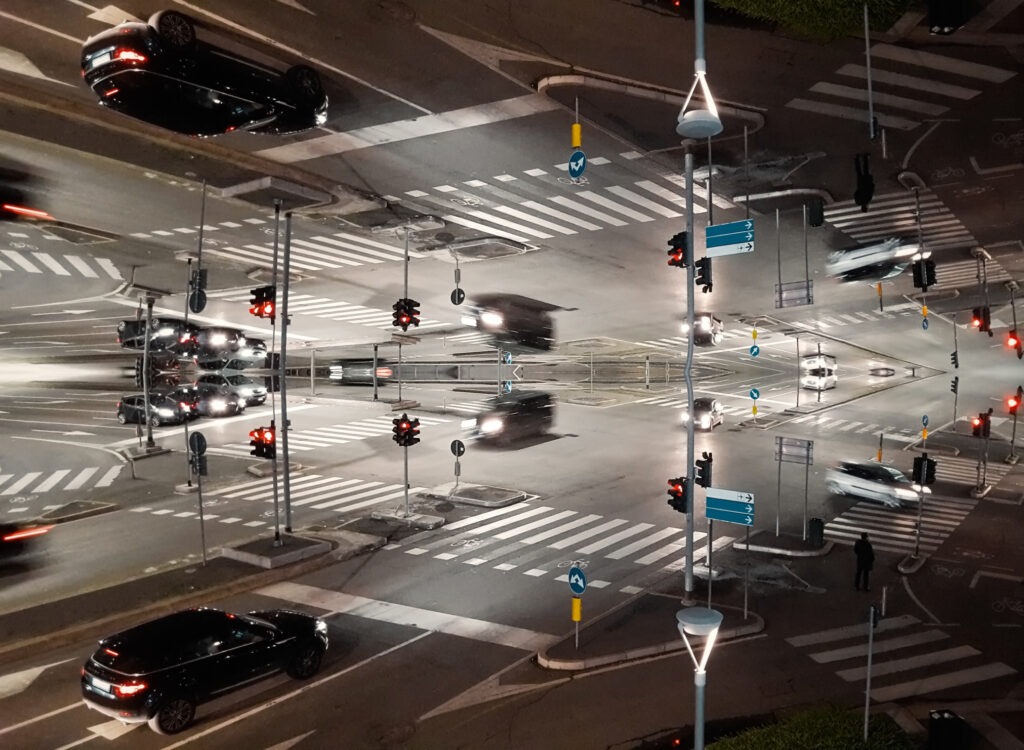The Automotive Update: Tesla battles BYD, Japanese merger talks, and a critical consultation
03 January 2025

The automotive industry did not slow down at the end of 2024, with major announcements across the globe. But what were the most important stories to break over the festive period? In a new podcast, Autovista24 editor Tom Geggus covers the major headlines.
Did Tesla or BYD sell the most battery-electric vehicles (BEVs) in 2024? What to know about Nissan, Honda and Mitsubishi’s merger talks. Why is the UK holding a consultation on its phase-out of pure petrol and diesel-powered cars? What agreement did Volkswagen (VW), IG Metall and the Works Council reach?
Subscribe to the Autovista24 podcast and listen to previous episodes on Spotify, Apple and Amazon Music.
Tesla holds on to lead
As carmakers begin to deliver their first models of 2025, last year’s overall figures are being revealed. This includes data from BEV market leaders Tesla and BYD. But which carmaker sold the most all-electric cars last year?
Tesla delivered 1.78 million BEVs globally in 2024, a drop of 1% from the previous year. This volume was mainly driven by its Model 3 and Model Y vehicles. The pair recorded a combined 1.7 million deliveries.
The US brand narrowly edged out BYD. The Chinese carmaker reached 1.76 million BEV deliveries worldwide in 2024. This was up 12%, or over 190,000 units, on 2023.
Massive automotive merger?
Meanwhile, Nissan, Honda and Mitsubishi confirmed they are in merger talks. The companies are considering integration through the establishment of a joint holding company. This could result in the creation of one of the largest OEMs, alongside the likes of Toyota and VW Group.
‘Honda and Nissan have begun considering a business integration and will study the creation of significant synergies between the two companies in a wide range of fields,’ stated Nissan’s CEO Makoto Uchida.
‘It is significant that Nissan’s partner, Mitsubishi Motors, is also involved in these discussions. We anticipate that if this integration comes to fruition, we will be able to deliver even greater value to a wider customer base,’ he explained.
Another update from Mitsubishi is expected at the end of January, confirming its involvement.
Phase-out consultation
A consultation on the phase-out of pure petrol and diesel-powered cars has been launched in the UK. The document and subsequent discussions, led by transport secretary Heidi Alexander, have confirmed plans to restore the phase-out deadline to 2030.
To achieve this, the government wants input from the automotive and charging industries. This follows the previous Conservative government postponing the date from 2030 to 2035.
The consultation is looking to define what vehicles will be available to buyers between 2030 and 2035, after which only new zero-emission vehicles (ZEVs) will be available. Currently, by 2030 a total of 80% of a manufacturer’s fleet must be zero-emission models, rising to 100% by 2035.
The new consultation also proposes updates to the zero-emission vehicle (ZEV) mandate. Some carmakers were already struggling to meet targets in 2024.
‘[The consultation] will give the sector the opportunity to consider how the current arrangements and flexibilities are working, which hybrid cars can be sold alongside zero emission models between 2030 and 2035, and any further support measures to help make the transition a success for industry and consumers,’ the government stated.
Mike Hawes, SMMT chief executive, was in favour of the consultation. ‘The automotive industry welcomes government’s review of both the end of sale date for cars powered solely by petrol or diesel, and possible changes to the flexibilities around the ZEV mandate,’ he said.
‘These are both critical issues for an industry that is facing significant challenges globally as it tries to decarbonise ahead of natural market demand. Aside from the billions invested in new technologies and products, it has cost manufacturers in excess of £4 billion (€4.8 billion) in discounting in the UK this year alone,’ Hawes added.
Future agreement reached
Volkswagen, the IG Metall union and the Works Council reached an agreement on the carmaker’s future direction. This followed a turbulent period of worker strikes and negotiations.
The brand is realigning its production capacities at its German locations. This will allow VW to reduce labour costs by €1.5 billion per year. The manufacturer plans to cut its workforce in Germany by more than 35,000, with an agreement on the company wage settlement until 2030.
Reduced labour costs, structural realignment through capacity reduction and decreased development are expected to lead to cost savings of over €4 billion a year in the medium term. Investments in future products through to 2030 will be enabled by a planned reduction in capacity of 734,000 units across the company’s German plants.
VW also stated that it is aiming to become the technology leader of the world’s volume manufacturers by 2030.




